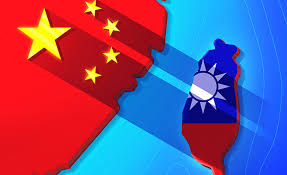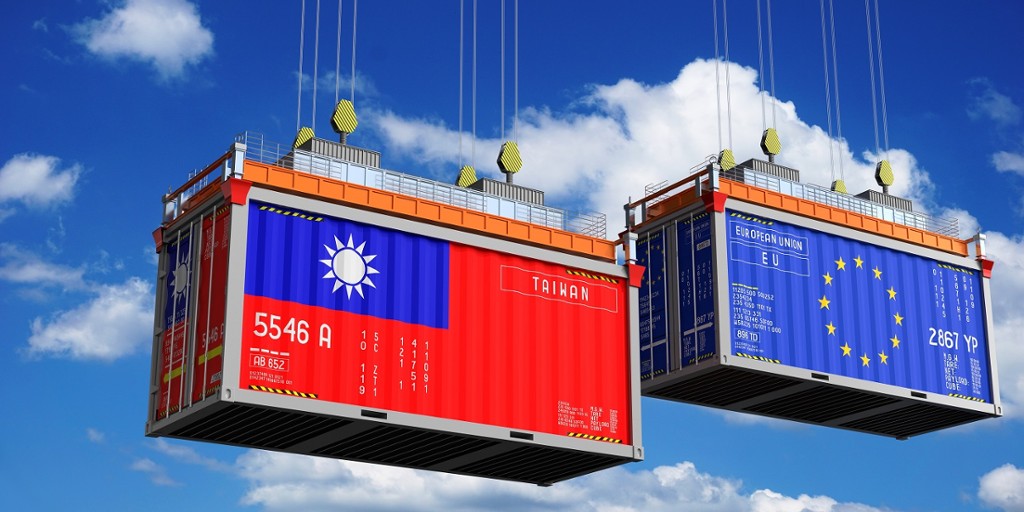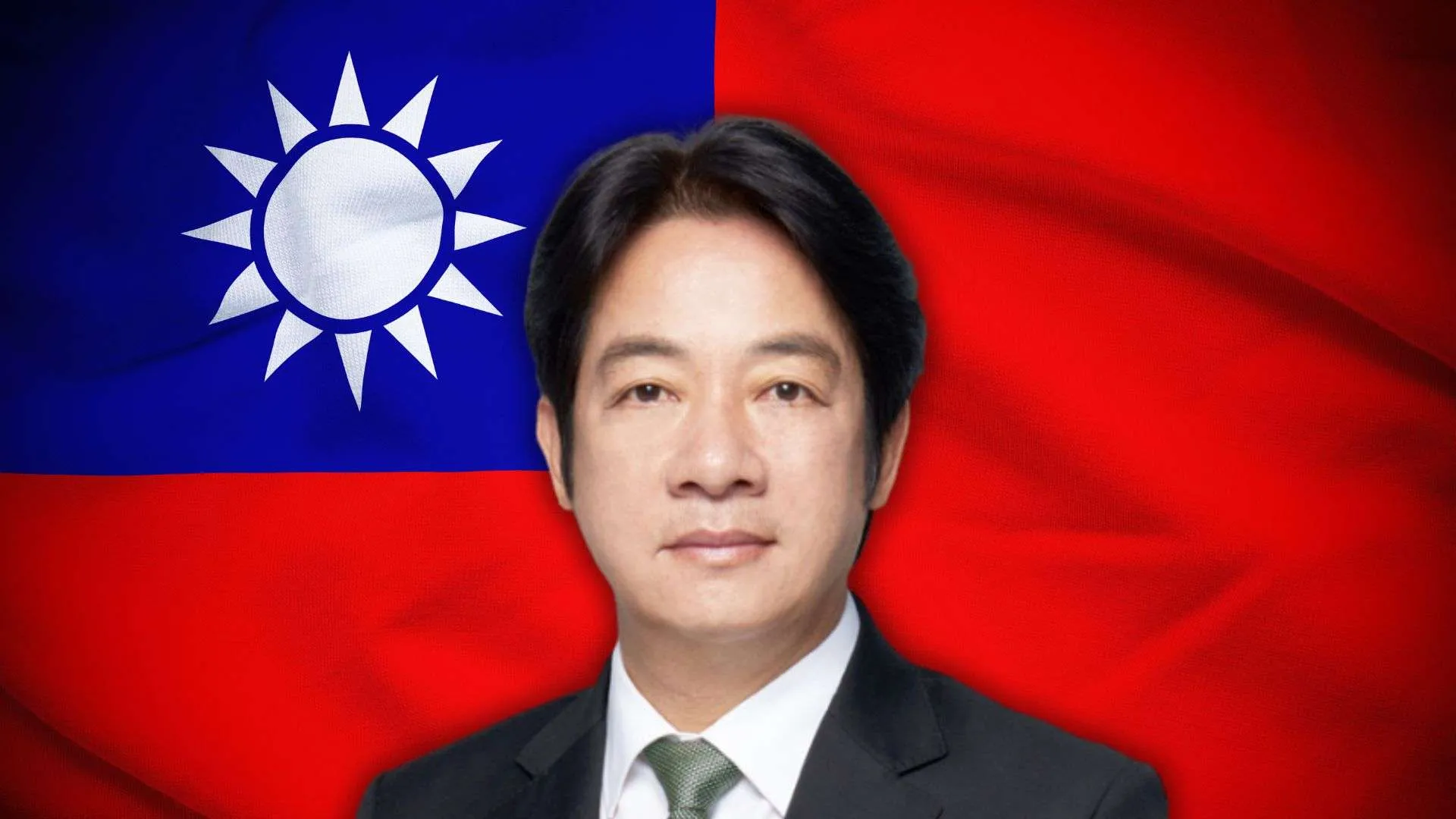by Martin Haffner Associate Editor
Explainer: What is ‘Taiwan independence’ and is Taiwan already independent?
The issue of Taiwan’s independence has been a contentious and complex topic for decades, with far-reaching implications for the island, China, and the global community. At its core, the question of Taiwan’s independence revolves around the island’s political status and its relationship with China. In this article, we will delve into the concept of “Taiwan independence” and explore whether Taiwan is already considered an independent nation.
What is ‘Taiwan independence’?
Taiwan independence, also known as Taiwanese independence, refers to the movement and ideology that advocates for Taiwan to be recognized as a sovereign and independent nation, separate from China. This movement seeks to establish Taiwan as a distinct entity with its own government, military, and international recognition, rather than being considered a part of China.
The concept of Taiwan independence gained momentum in the 1990s, as the island transitioned from authoritarian rule to democracy. Many Taiwanese began to identify themselves as a unique nation with their own culture, language, and history, distinct from China. This sense of national identity has been fueled by Taiwan’s experiences under Japanese colonial rule (1895-1945), the Chinese Civil War, and the subsequent divide between the Communist Party of China (CPC) and the Nationalist Party (KMT), which retreated to Taiwan in 1949.
Is Taiwan already independent?
This is where things get complicated. From a practical perspective, Taiwan functions as an independent nation, with its own:
- Government: Taiwan has a democratically elected president, legislature, and local governments, which exercise control over the island’s domestic and foreign policies.
- Economy: Taiwan has a thriving economy, with its own currency, stock market, and trade agreements with other countries.
- Military: Taiwan has a significant military, with a defense budget and a capacity to defend itself against potential threats.
- International participation: Taiwan participates in various international organizations, such as the World Trade Organization (WTO), the International Civil Aviation Organization (ICAO), and the Asian Development Bank (ADB), under different names, such as “Chinese Taipei” or “Separate Customs Territory of Taiwan, Penghu, Kinmen and Matsu”.
However, from a diplomatic perspective, Taiwan’s status is more nuanced. The island is not a member of the United Nations (UN) and is not recognized as a sovereign state by most countries, including the United States, which switched diplomatic recognition from Taiwan to China in 1979. Instead, Taiwan is recognized by a handful of countries, mostly in Central America and the Pacific, as the “Republic of China” (ROC), the official name of the government that rules the island.
China’s ‘One-China’ policy
The People’s Republic of China (PRC) considers Taiwan a part of its territory, under the “One-China” principle, which states that there is only one China, and Taiwan is a province of China. Beijing has vowed to reunify Taiwan with the mainland, by force if necessary, and has pressured countries to adhere to the “One-China” policy, which precludes diplomatic recognition of Taiwan.
Implications and future prospects
The issue of Taiwan independence has significant implications for regional stability, global trade, and international relations. As tensions between Taiwan and China continue to escalate, the world watches with bated breath, concerned about the potential for conflict and its far-reaching consequences.
In conclusion, while Taiwan functions as an independent nation in many aspects, its diplomatic status remains uncertain and contested. The concept of Taiwan independence is complex and multifaceted, reflecting the island’s unique history, culture, and politics. As the international community navigates the intricate landscape of Taiwan-China relations, one thing is clear: the future of Taiwan’s independence will have a profound impact on the region and the world.



